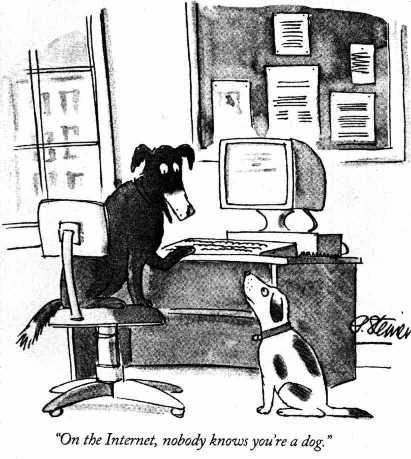Gone are the days where we would visit the doctor at the slightest onset of sickness; instead, people are now turning more and more towards the internet to find an online diagnosis. With the rates of broadband internet access rising, so are the number of people accessing health information online (Lewis 2006, 5). An incredible amount of health information and materials have become accessible because of the rise of the internet. However, how reliable is this kind of information? Should people only consult the world wide web for their health issues?
 | |||
| e-health image from http://health-research.intodit.com/ |
I admit that I have Googled my symptoms whenever I have been sick just to see what what the diagnosis was. The plethora of online health information allows people to become accountable for their own health. Jessica Lee also supports this idea, arguing that "new media empowers us to take charge of our own health, rather than just accepting the doctor's verdict." Everyone needs to remember that not everything on the internet is 100% factual, that is why, as Katherine Lamont says, "health inforamtion online should be regarded in addition to non-virtual general practictioner advice..." I too, believe that online health information should be consulted as a second opinion, after seeing an actual general practitioner. After all, they are there for a reason.
References:
Lamont, Katherine. 2011. "Health and the Internet," An Insight into New Media, April 10. Accessed April 11. http://lamontkcb206.blogspot.com/2011/04/health-and-internet.html
Lewis, Tania. 2006. “Seeking Health Information on the Internet: Lifestyle Choice or Bad Attack of Cyberchondria?” Media, Culture & Society 28 (4): 521-539. Accessed April 11, 2011. doi: 10.1177/0163443706065027.
Monk, Jessica. 2011. "Just Google It," New Media Musings, April 10. Accessed April 11. http://jessicamonkkcb206.blogspot.com/2011/04/just-google-it.html
